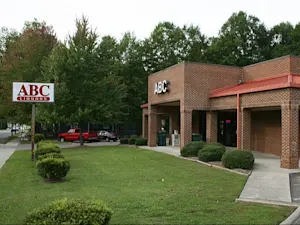
The Truth Behind Expiration Dates
Have you ever stared at a carton of milk, unsure if it was still safe to drink because the "expiration date" had passed? You're not alone. Food product dating can be confusing, with cryptic phrases and seemingly arbitrary deadlines. Let's dig into the details and shed light on the mystery behind those dates, empowering you to make informed decisions about what is safe versus better to toss out.

Debunking the Myth of Expiration Dates
The fear of expired food is real. Visions of upset stomachs and frantic grocery store runs dance in our heads when we see that something has passed the "Best By" date on a package.
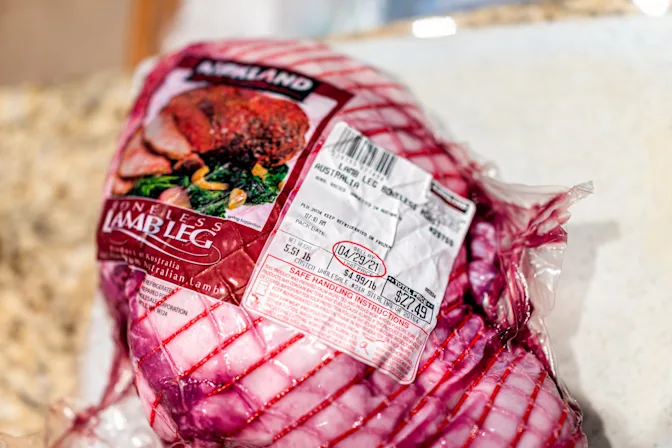
But hold on! Food scientists have been shouting from the rooftops (or should we say laboratories) for years saying the "Best By" or "Sell By" dates are often more about quality than safety.

That half-eaten yogurt in the back of your fridge? Probably still good to go. The package of ground beef that nudged the "Sell By" date? Likely safe for a delicious dinner. In fact, a staggering amount of perfectly edible food gets tossed each year based solely on these dates. Food waste non-profit ReFED estimates a whopping 305 million pounds of food could be saved from the trash bin on Thanksgiving alone!
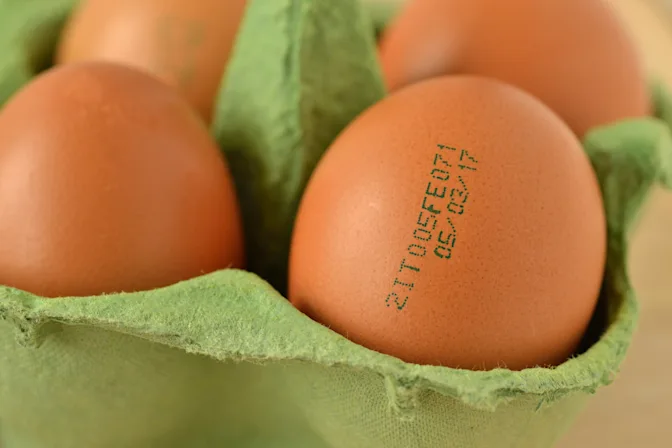
So, how can we avoid unnecessary food waste and enjoy delicious, safe meals? Let's learn to trust our senses (and a little science) instead.
What Are Expiration Dates?
The concept of food dating (aka expiration dates) is relatively recent. Before the mid-20th century, consumers relied on their senses – sight, smell, and taste – to judge a product's freshness. However, the rise of mass-produced, pre-packaged foods necessitated a more standardized system.
In the 1930s, open dating emerged, with manufacturers placing "Pack Dates" on products. These evolved into the "Sell By" dates we see today. There are no federal regulations for most food dating, with few exceptions, such as infant formula. The dates on infant formula actually indicate when nutrients start to decline, not that it'll make your child sick.
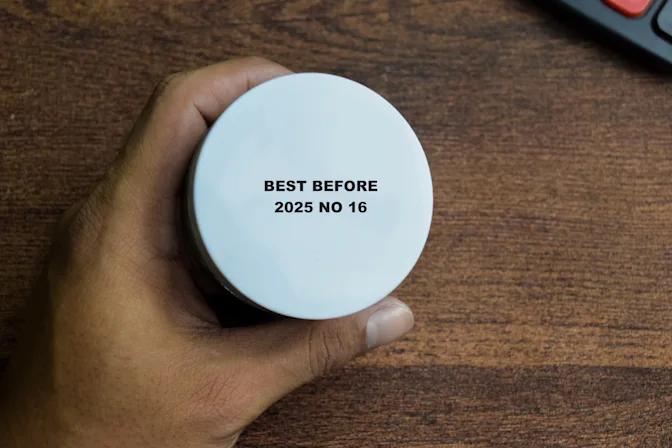
For meat, poultry, and egg products under the jurisdiction of the Food Safety and Inspection Service (FSIS), dates may be voluntarily applied, provided they are labeled in a manner that is truthful and not misleading and in compliance with FSIS regulations. The calendar date provides information on the estimated period of time that the product will be of best quality and helps stores determine how long to display the product for sale.
Understanding Date-Labeling Phrases

So, what do those cryptic phrases on food labels actually mean? Here's a breakdown of the most common ones:
- "Best if Used By/Before": This is a manufacturer's recommendation for peak quality. It's not a safety deadline. Think of it as the "golden period" when the food will have the best flavor and texture.
- "Sell By": This date is for retailers, indicating how long they should display the product for sale to ensure optimal freshness.
- "Use By": Similar to "Best if Used By," this suggests the last recommended date for peak quality, but it doesn't necessarily mean the food is unsafe afterward.
- "Freeze By": This indicates the timeframe for freezing a product to maintain its best quality. It's not about safety, but freezing can help preserve food for longer periods.
Are Foods Safe to Eat After the Date?
It's crucial to remember that expiration dates are primarily about quality, not safety. Except for infant formula, which has stricter guidelines due to potential bacterial growth, these dates don't necessarily mean the food is unsafe to consume after they pass.

So, how do you know if food has actually spoiled? Here's where your senses come in. Look for signs of spoilage like off odors, discoloration, slimy textures, or mold growth. If anything seems awry, it's best to err on the side of caution and discard the food.
Here are some guidelines to get you started on better understanding expiration dates for some common foods:
Pantry Staples
- Rice: Indefinite shelf life if stored properly in a cool, dry place.
- Pasta: Up to 2 years but be careful, high temperatures reduce shelf life.
- Canned Goods: Best by 2-5 years, still safe to eat if the can is intact and stored properly.
- Flour: Up to 1 year in a pantry, 2 years in the freezer.
- Spices: Best within 1-2 years for peak flavor, but safe beyond that.
- Coffee: Good for up to 2 weeks in the pantry, and 1 month in the freezer.
Fruits
- Apples: Last 4-6 weeks in the fridge, slight wrinkling is normal but toss if mushy.
- Berries: Best within a week, discard if moldy.
- Bananas: Best when bright yellow but can be used in baking even when brown.
- Avocados: Freshest when still whole and ripe for 2-5 days in the refrigerator.
Vegetables
- Potatoes: 3-5 weeks in a cool, dark place, discard if sprouted or green.
- Carrots: Freshest at 2 weeks in the fridge.
- Leafy Greens: Best within 7 days, can be revived by soaking in cold water.
Making the Most of Your Food: Storage Tips for Extended Freshness
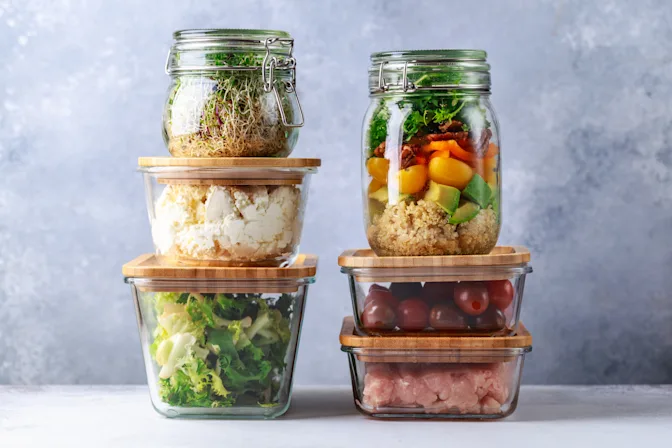
Proper storage is key to maximizing the shelf life of your groceries. Here are some general guidelines:
- Refrigerate: Keep dairy products, meats, poultry, and opened packages of fruits and vegetables cold to slow down bacterial growth.
- Freeze: Stock up on frozen fruits and vegetables or freeze fresh produce before it goes bad.
- Pantry: Store shelf-stable items like canned goods, dried beans, and grains in a cool, dry place.
- Proper Packaging: Always store food in its original packaging or an airtight container to prevent spoilage caused by air exposure.

The bottom line is... expiration dates are more like quality indicators than strict deadlines. They're there to help us enjoy our food to its best. As long as you handle and store your food properly, you can trust your senses to alert you if something's gone bad. So, next time you see that date on your groceries, remember, it's not a countdown to disaster — it's just a suggestion for peak flavor.
References: Food Product Dating | Expiration Dates | Food expiration dates don't mean what you think - Carolyn Beans | In the U.S., 38% of all food goes unsold or uneaten – and most of that goes to waste. | Expiration Dates Are Meaningless | Expiration dates don't mean what you think|Expiration dates don’t mean what you think























